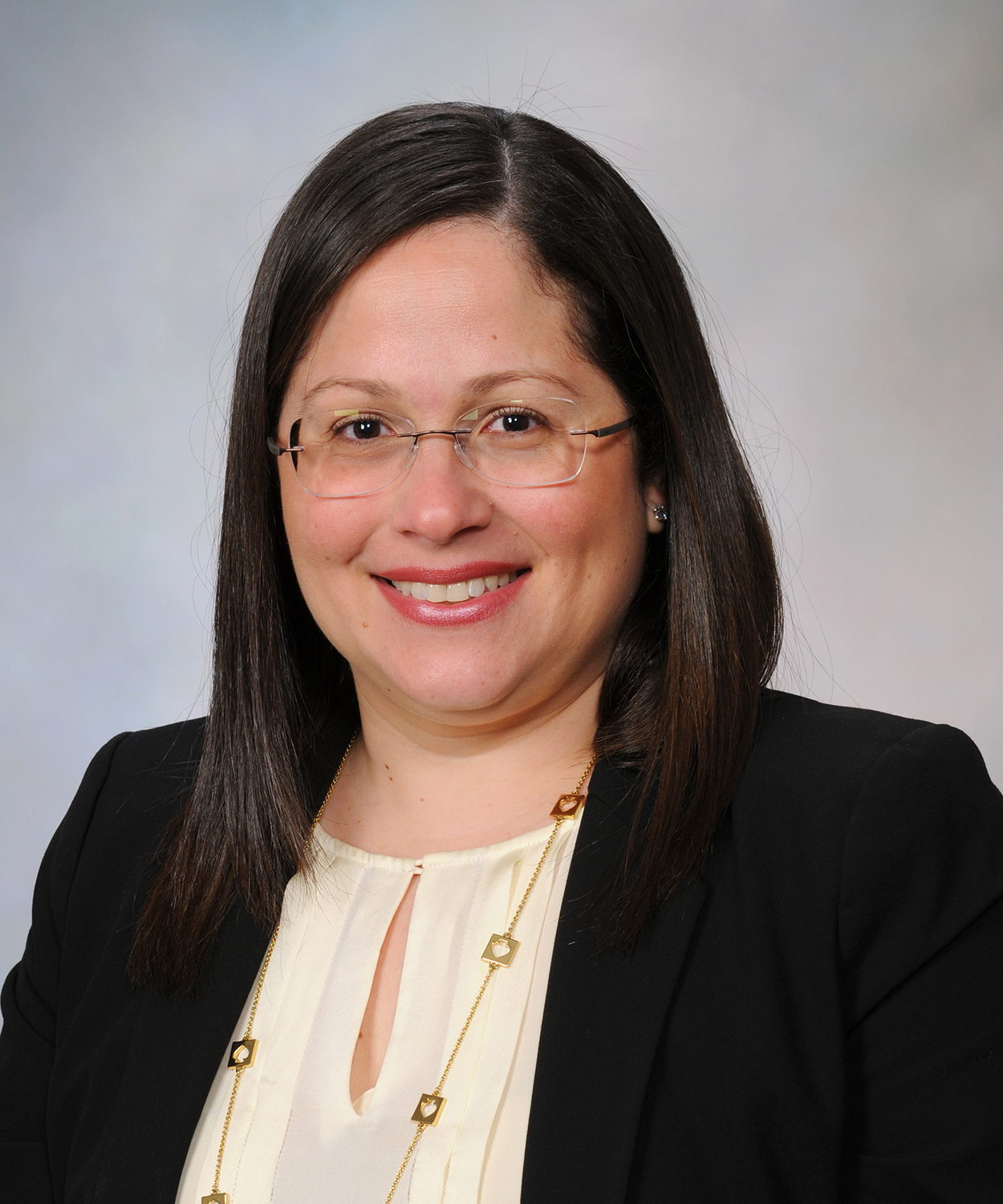Mayo Clinic Talks Episode 224: Clostridium Difficile Infection: You Want to Transplant What?!
Registration required for CME credit
Commitment to Belonging and Inclusion
Mayo Clinic School of Continuous Professional Development (MCSCPD) strives to foster a learning environment in which all individuals are valued, allowing all to achieve their fullest potential.
Every effort will be made to accommodate dietary requirements; however, some requests may not be feasible based on venue kitchen capabilities. Attendees will be contacted in advance if a dietary restriction cannot be fulfilled.
The Mayo Clinic School of Continuous Professional Development strives for fully accessible learning experiences. If you anticipate any barriers while attending this course, please reach out to the course coordinator who will be in touch with all registrants. If you need disability-related accommodations, please contact the Office of Wellness and Academic Support – Disability Access Services at MCCMS.DS@mayo.edu.
Cancellation and Refund Policy
View Cancellation and Refund Policy
All requests must be submitted in writing using the Contact Us Form.
Any use of this site constitutes your agreement to the Terms and Conditions of Registration.
|
|
Clostridium difficile is a toxin-producing bacterium that can result in a severe form of antibiotic-associated diarrhea known as clostridium difficile infection or CDI. Cases can vary from mild diarrhea to severe colitis that at times can be fatal. There’s been a dramatic increase in the number as well as severity of CDIs in the U.S. over the past 20 years. Although CDI typically occurs following the use of antibiotics, it can also be spread from one individual to another, especially in hospitals and skilled nursing facilities. Antibiotics have been the traditional treatment for patients with CDI, however recurrent symptoms have been a problem. There’s now a new treatment for CDI, felt to be effective in over 90% of patients with the illness.
Our guest to discuss this topic is Dr. Maria Vazquez Roque, a gastroenterologist at the Mayo Clinic. We’ll review the common presenting symptoms, laboratory tests needed to establish a diagnosis, and the current recommendations for treatment including the latest of fecal transplantation.
Additional resources:
Clinical Practice Guidelines for Clostridium difficile Infection in Adults and Children: 2017 Update by the Infectious Diseases Society of America (IDSA) and Society for Healthcare Epidemiology of America (SHEA): https://doi.org/10.1093/cid/cix1085
Specific topics discussed:
• The typical presentation of C. difficile infection
• Patients who are at increased risk for a C. difficile infection
• Laboratory tests to order to confirm a case of C. difficile infection
• Treatment options for C. difficile infection including fecal transplantation
• Potential benefit of probiotics for preventing a C. difficile infection
Target Audience
This course is intended for primary care providers: physicians, nurse practitioners, and physician assistants
Learning Objectives
Upon completion of the Mayo Clinic Talks Podcast course, learners should be able to:
- Describe the current treatment recommendations for patients with hyperlipidemia.
- List the various categories of hypertension.
- Describe the current pharmacologic treatment available for patients with osteoporosis.
Participation in this Mayo Clinic online course does not indicate nor guarantee competence or proficiency in the performance of any procedures which may be discussed or taught in this course.
 Accreditation Statement
Accreditation Statement
In support of improving patient care, Mayo Clinic College of Medicine and Science is jointly accredited by the Accreditation Council for Continuing Medical Education (ACCME), the Accreditation Council for Pharmacy Education (ACPE), and the American Nurses Credentialing Center (ANCC) to provide continuing education for the healthcare team.
Credit Statement(s):
AMA
Mayo Clinic College of Medicine and Science designates this enduring material for a maximum of 0.50 AMA PRA Category 1 Credits™. Physicians should claim only the credit commensurate with the extent of their participation in the activity.
For disclosure information regarding Mayo Clinic School of Continuous Professional Development accreditation review committee member(s), please go here to review disclosures.
Available Credit
- 0.50 AMA PRA Category 1 Credit™
- 0.50 Attendance
Price
Registration required to claim CME credit.
Click here to view the online course Cancellation and Refund Policy.
Any use of this site constitutes your agreement to the Terms and Conditions of Online Registration.

 Facebook
Facebook X
X LinkedIn
LinkedIn Forward
Forward
